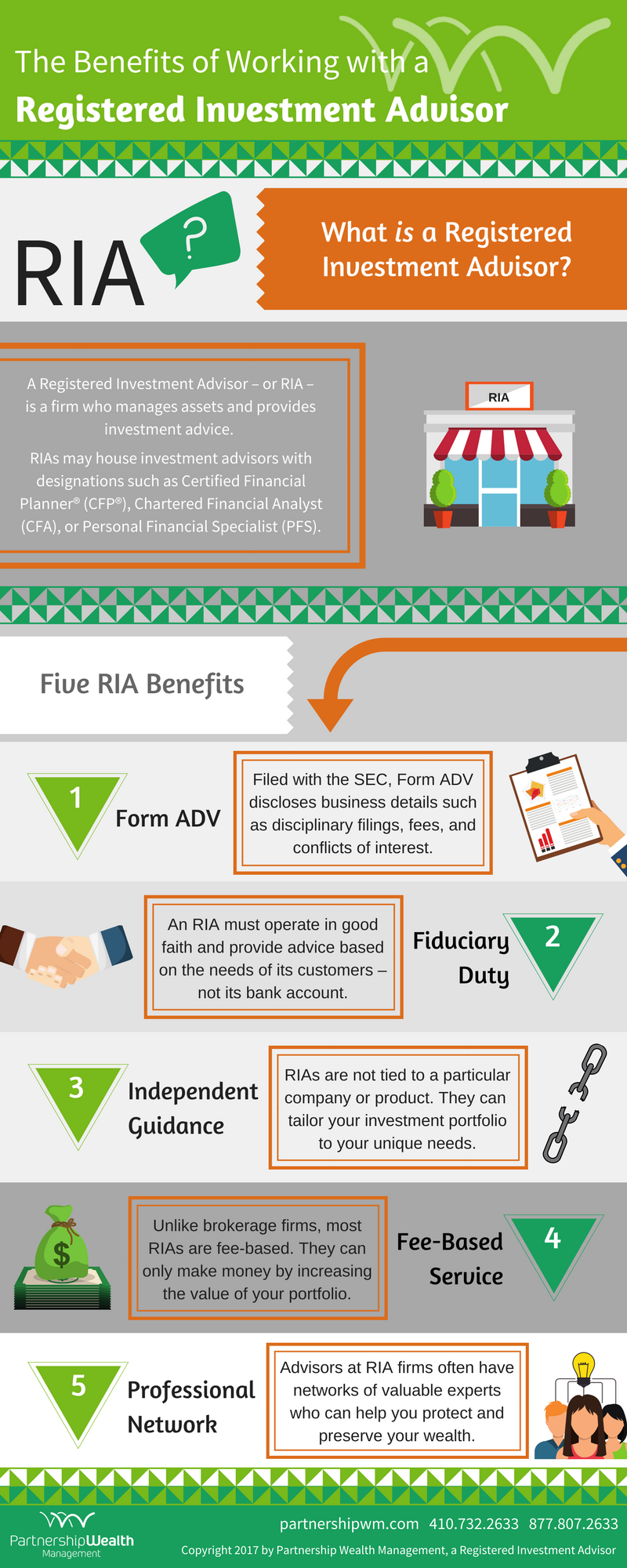Deciphering The Repercussions Of Taxes On Your Wide Range Administration Portfolio

Web Content By-Lau Soto
As you navigate the worlds of riches monitoring, taxes can wield a significant influence on the trajectory of your monetary trip. Recognizing just how taxes converge with your investment portfolio is not merely a matter of compliance however a calculated consideration that can form your wide range accumulation course. By deciphering the intricacies of tax implications, you open doors to a world where notified decisions lead the way for optimum financial results. Keep tuned to unravel the layers of tax obligation impact and discover how you can steer your wealth management ship towards smoother tax obligation waters.
Tax Implications on Investments
When investing, take into consideration just how taxes influence your profile's development and general returns. Taxes can significantly impact the efficiency of your financial investments. Capital gains, returns, and rate of interest income are all subject to taxes, which can eat into your profits. Understanding the tax effects of different sorts of investments is important for maximizing your after-tax returns.
Funding gains tax is related to the profits made from selling properties such as supplies or realty. The price differs depending upon the length of time you held the possession before offering it. Short-term capital gains, from properties held for less than a year, are exhausted at a higher price than long-term funding gains. Dividends from stocks are likewise taxable, with rates varying based on whether they're qualified or non-qualified returns.
Financial Advice For Business Owners from bonds or interest-bearing accounts is subject to revenue tax obligation. The tax rate depends on your general income level. By bearing in mind these tax implications and considering tax-efficient financial investment techniques, you can better place your portfolio for development and enhanced overall returns.
Approaches for Tax Obligation Optimization
To maximize taxes in your wealth monitoring profile, consider carrying out critical tax-saving methods. One effective method is tax-loss harvesting, which includes selling financial investments muddle-headed to offset funding gains and lower taxable income. By rebalancing your portfolio through this approach, you can reduce tax obligations while keeping your investment objectives.
An additional important approach is purchasing tax-efficient funds that aim to minimize circulations, such as index funds or exchange-traded funds (ETFs). These funds commonly have reduced turn over prices, leading to less funding gains distributions, therefore minimizing your tax problem.
Utilizing retirement accounts, such as IRAs and 401( k) s, can also be beneficial for tax obligation optimization. Contributions to these accounts are frequently tax-deductible, and profits expand tax-deferred till withdrawal, allowing you to potentially decrease your current tax costs and make the most of long-lasting growth.
Additionally, think about gifting appreciated safety and securities to charity instead of cash money. This technique can assist you prevent capital gains taxes while sustaining a cause you care about. Executing https://telegra.ph/Achieving-A-Stress-Free-Retirement-Step-By-Step-Preparation-Overview-06-25 can boost your wealth administration portfolio's overall tax obligation efficiency and possibly enhance your after-tax returns.
Maximizing Tax Obligation Performance in Wide Range Monitoring
Think about ways to make best use of tax performance in your wealth administration profile to enhance your total monetary strategy. One effective strategy is to use tax-advantaged accounts such as Individual Retirement Accounts (Individual Retirement Accounts) and 401( k) s. By adding to these accounts, you can possibly reduce your taxable income while saving for retirement. Furthermore, critical asset area within your profile can assist reduce tax obligation implications. Positioning tax-inefficient investments like bonds in tax-advantaged accounts and holding tax-efficient investments such as stocks in taxed accounts can enhance tax obligation performance.
Another method to make best use of tax efficiency is through tax-loss harvesting. This approach entails marketing financial investments that have experienced a loss to offset capital gains and potentially decrease your tax liability. Furthermore, staying educated concerning tax obligation law changes and utilizing tax-efficient investment vehicles like index funds or exchange-traded funds (ETFs) can additionally enhance your riches administration profile's tax obligation effectiveness. By applying these strategies, you can improve your after-tax returns and maximize your financial investment profile.
Final thought
Now that you recognize the influence of tax obligations on your wide range administration profile, you can take proactive actions to enhance tax obligation efficiency and make the most of returns.
By carrying out strategies like tax-loss harvesting and investing in tax-efficient funds, you can lessen tax worries and enhance after-tax returns.
Bear in mind, recognizing tax obligation ramifications is crucial for lasting development and sustainability of your financial investment profile.
Stay informed and make informed choices to safeguard your economic future.

